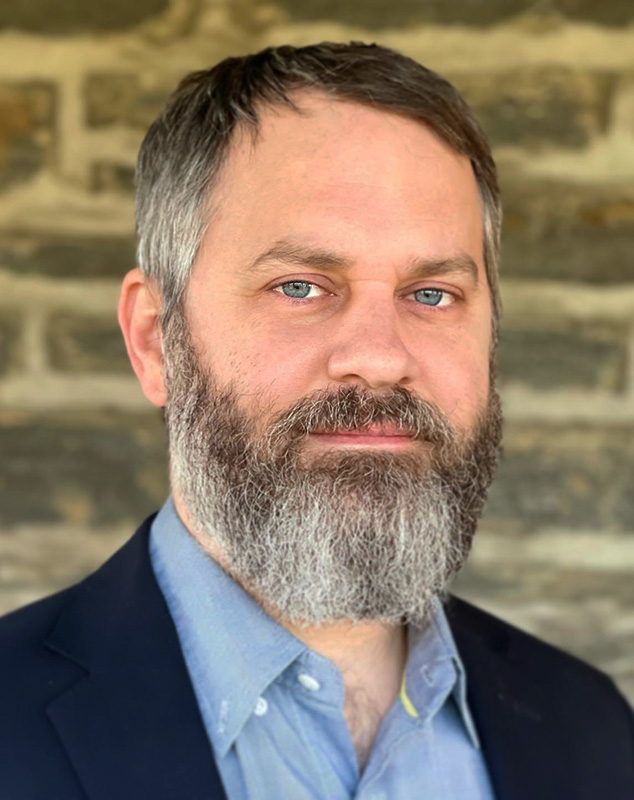Michael Waring, PhD, professor in the College of Engineering, has been appointed Department Head of Civil, Architectural and Environmental Engineering (CAEE), effective January 1, 2021. With more than a decade of experience at Drexel, Waring brings deep knowledge of the department and a wealth of ideas to build on its past success.
Waring had previously served as Associate Department Head for Undergraduates and as Program Director of Architectural Engineering since 2015. He also led the ABET effort for the Architectural Engineering program and serves as a member of all standing CAEE committees.

Michael Waring
As Department Head, Waring aims to advance and modernize the CAEE curriculum and laboratories to improve efficiency, relevancy and active learning opportunities.
“The pandemic proved that we can quickly reimagine how we present material to our student,” he says. “This is a perfect time to re-examine our curriculum and see if we can make changes.”
Waring hopes that any changes to the curriculum will improve the student experience by giving them more opportunities for applied learning, particularly in group dynamics.
“With so much information available online, professors are no longer the gatekeepers of the fundamentals of the subjects they teach,” he says. “I think students are more interested in different experiences that bring all of those things together in a meaningful way and allow them to be excited about engineering. One example would be a course designed with an open-ended problem where they can form teams and apply some of the knowledge they've learned up to that point and have a more invigorating experience with aspects of the curriculum. This would also help the students get a better idea of what it’s like to work in a team, which is part of any career path they may take.”
Waring is also interested in integrating the department more fully into regional and public activities related to CAEE activities, as well as developing online graduate degree programs and certificates. His goals also include further engaging faculty and student resources on pressing societal problems of our time, including issues such as pandemic response, climate change and resilience, and sustainable infrastructure design and operation.
“We're very well suited to respond to certain challenges that are happening societally and globally right now,” he says. “We have the right mix of expertise in our faculty to tackle major issues, and we should integrate that expertise into our coursework. We should be creating many opportunities where students are presented an opportunity to be effective steward/citizens and designers of a future sustainable world.”
Under Waring’s leadership, the department will also focus on improving the student experience by offering leadership and research opportunities, mentorship programs and industry-centered design experiences, and hopes to increase research collaborations in CAEE and across departments.
Waring joined Drexel in 2009, after completing his PhD in an NSF IGERT program in Indoor Environmental Science and Engineering at the University of Texas at Austin. His research exists at the intersection of environmental and architectural engineering. It focuses on indoor air quality and exposure, indoor aerosol and chemical modeling, and sustainable buildings. He believes that making buildings function more effectively is imperative to solving many societal challenges. Michael has received the NSF CAREER Award, as well as the New Investigator Award from the American Society for Heating, Refrigeration, and Air-conditioning Engineers.
He replaces Charles Haas, PhD, LD Betz Professor of Environmental Engineering, who returns to the faculty after leading the department since 2002. Waring says that both he and the department have been shaped by Haas’ leadership.
“Chuck has been a tireless worker for the department,” Waring says. “He always put the betterment of the department ahead of anything else. Personally, he’s been a fantastic mentor. When I was a junior faculty member, was very thoughtful about helping me get started and making sure that I was putting my energy into the right place, helping me navigate just the concept of applying for grants on my own and things that I hadn't really had any experience in. And he was always willing to discuss with me about opportunities and how to improve my own work and research. I hope to emulate that.”